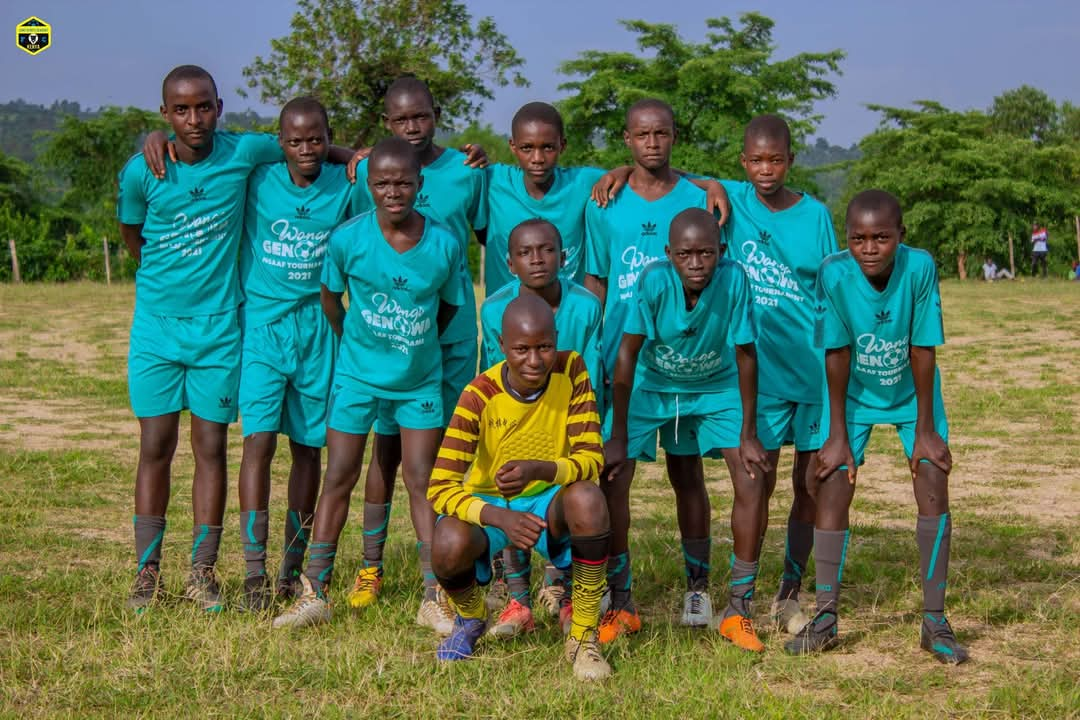Kazakhstan announces mass chemical castration of 11 paedophiles
In a drastic move to combat child sexual abuse, Kazakhstan has announced the chemical castration of 11 convicted paedophiles. This measure is part of a broader campaign to implement harsher penalties for such crimes, including the potential for surgical castration.
The 11 men, who committed offenses against minors in the Kostanay region, will receive libido-suppressing injections 24 times a year at a cost of approximately £278 each. This decision comes amidst growing public pressure for stricter laws to protect children from sexual abuse.
The campaign for surgical castration has gained momentum following the recent detention of a regional ruling party MP, Sekikhan Zhakupov, accused of sexually assaulting a seven-year-old boy. If convicted, Zhakupov could face chemical castration and a lengthy prison sentence.
Kazakhstan already has some of the world’s toughest laws on paedophiles, including public disclosure of their addresses after release from prison. However, critics argue that these measures are not sufficient to deter such heinous crimes.
The number of men undergoing chemical castration in Kazakhstan has been steadily increasing, with one out of 17 regions now reporting 11 new cases. This trend is indicative of a growing recognition of the need for tougher penalties to protect children.
Elnur Beisenbaev, an MP and executive secretary of the ruling Amanat Party, has been a vocal advocate for surgical castration. He argues that chemical castration is not effective in preventing reoffending and that the government is being too lenient on child sex offenders.
Despite government concerns about human rights violations, Beisenbaev remains committed to pushing for a new law that would allow courts to impose surgical castration on the most heinous offenders. He believes that such a measure is necessary to protect children from further harm.
The debate over surgical castration raises complex ethical and legal questions. While many argue that it is a necessary tool to prevent reoffending, others express concerns about human rights violations and the potential for abuse. As Kazakhstan grapples with these issues, the country faces a difficult decision about how to best protect its children from sexual abuse.







